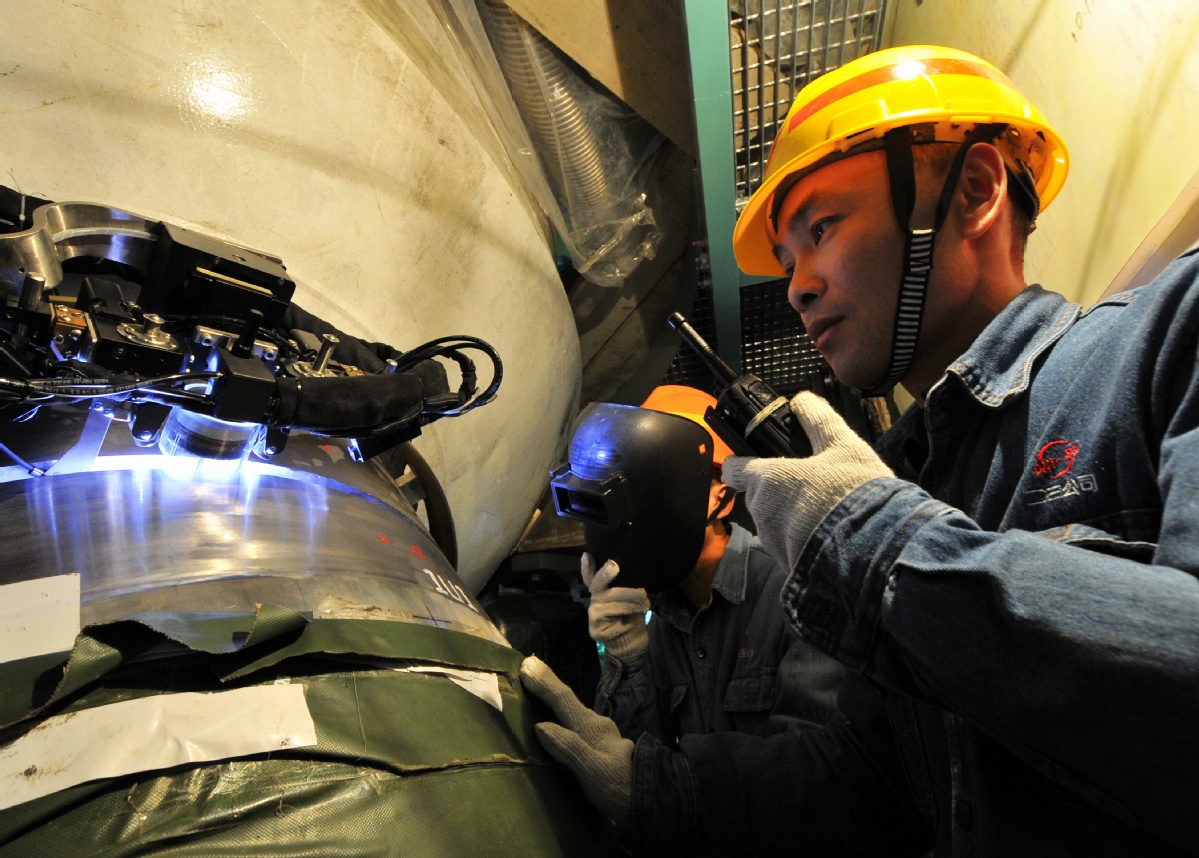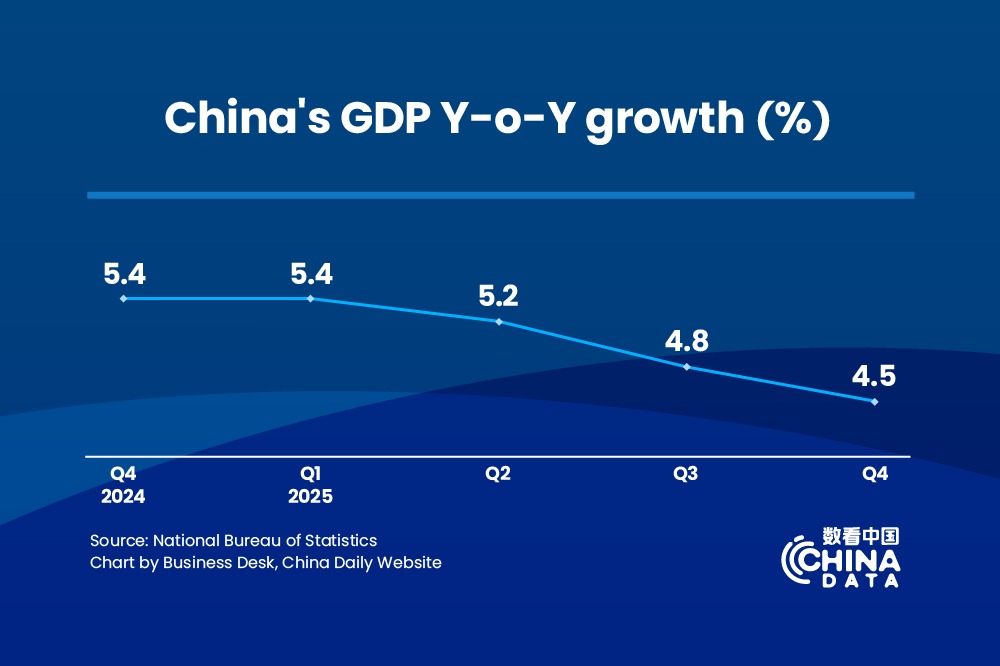New energy vehicle push excites base metal firms


China's ambitious bid to boost electric vehicles toward a battery-powered future can dramatically drive up demand for metals like lithium, cobalt, copper and nickel, industry insiders said.
"The rising EV (electric vehicle) market has driven up demand for some metals ... We expect the trend to continue," said Zhu Yi, senior analyst of metals and mining at Bloomberg Intelligence
In 2015, China overtook the United States to become the world's biggest market for electric cars, providing a huge domestic market for batterymakers.
"The market has priced in the booming demand from EVs at a pretty early stage. We expect the real commissioning of EVs (to meet the projected demand) may happen in another 5-10 years, once the mass production of EVs starts," Zhu said.
Many international mining firms like BHP and Vale are looking to redraw their global layout to grab market share.
"China's efforts to reduce pollution will drive the growth of new energy vehicles, the production and sales of which are expected to reach 15 million units in 2030," said Fabio Schvartsman, CEO of Vale SA, a Brazilian mining behemoth.
"This will positively affect our base metal business, since the majority of our nickel products are very well suited to electric vehicles. We also produce cobalt and copper, which are also critical elements for the electric vehicle and battery production process."
Agreed Vicky Binns, vice-president of marketing for minerals with BHP. Copper, she said, is expected to be a big winner from the electrification of the light duty vehicle fleet as the Chinese economy will likely boost demand for the red metal.
"The reason we like EVs is that an EV contains on average of around four times as much copper as a conventional medium-size car, around 80 kg versus around 20 kg," she said.
Among the range of possibilities, BHP's mid-case estimate is the electric vehicle fleet will rise toward 230 million in 2035 and to around three-quarters of a billion in 2050.
With the world's largest number of electric vehicle manufacturers and the largest network of charging points, China has set a goal of selling 2 million new energy cars a year by 2020.
Eurasian Resources Group, the international metals and mining company, also believes in the opportunities presented by China's policy to promote manufacture and use of new energy cars. The company's major products such as ferrochrome, cobalt and copper, can support the emerging industry.
"We believe that the cobalt market still has a fantastic potential. We expect to see a strong primary uptrend in the next few years," said Benedikt Sobotka, chief executive officer of ERG.
Besides expanding its sales footprint in China, ERG is forging partnerships with Chinese companies. ERG's affiliate Metalkol SA has recently signed a contract with China Nonferrous Metal Industry's Foreign Engineering and Construction Co Ltd for capacity expansion of ERG's mine project in the Democratic Republic of the Congo.
At full capacity, the project will be able to supply up to 20,000 metric tons of cobalt annually to the global market. "This is enough to build 2.6 million electric vehicles," said Sobotka.




































